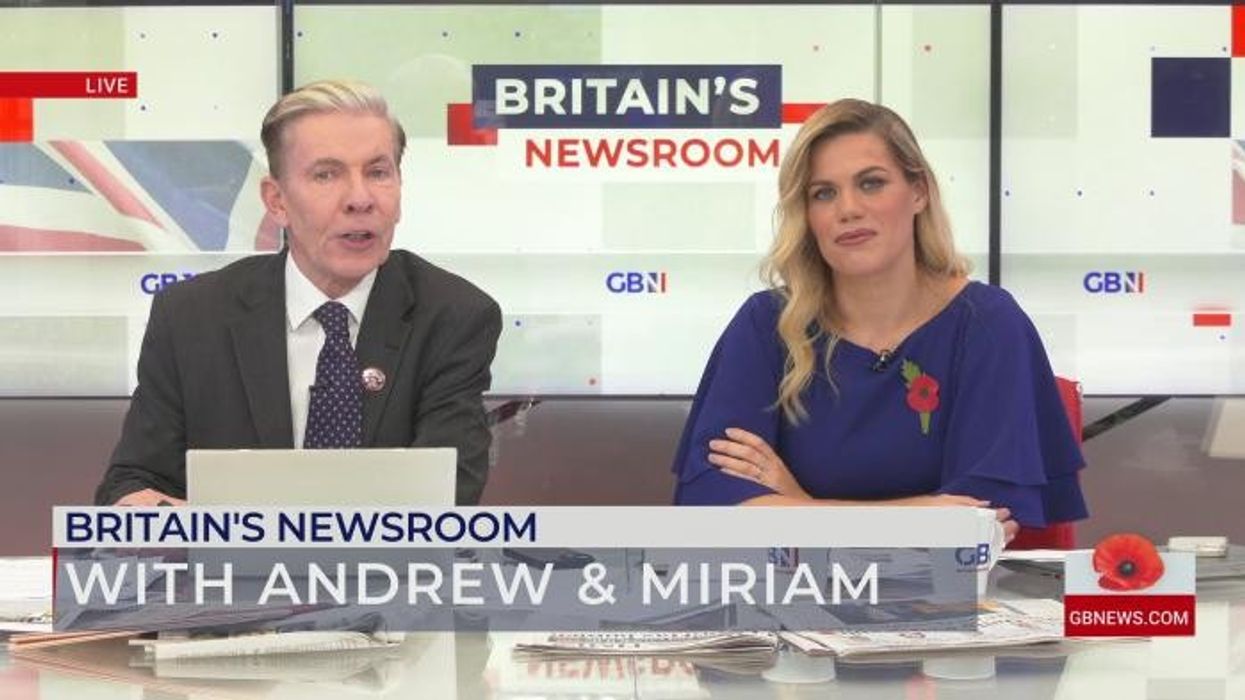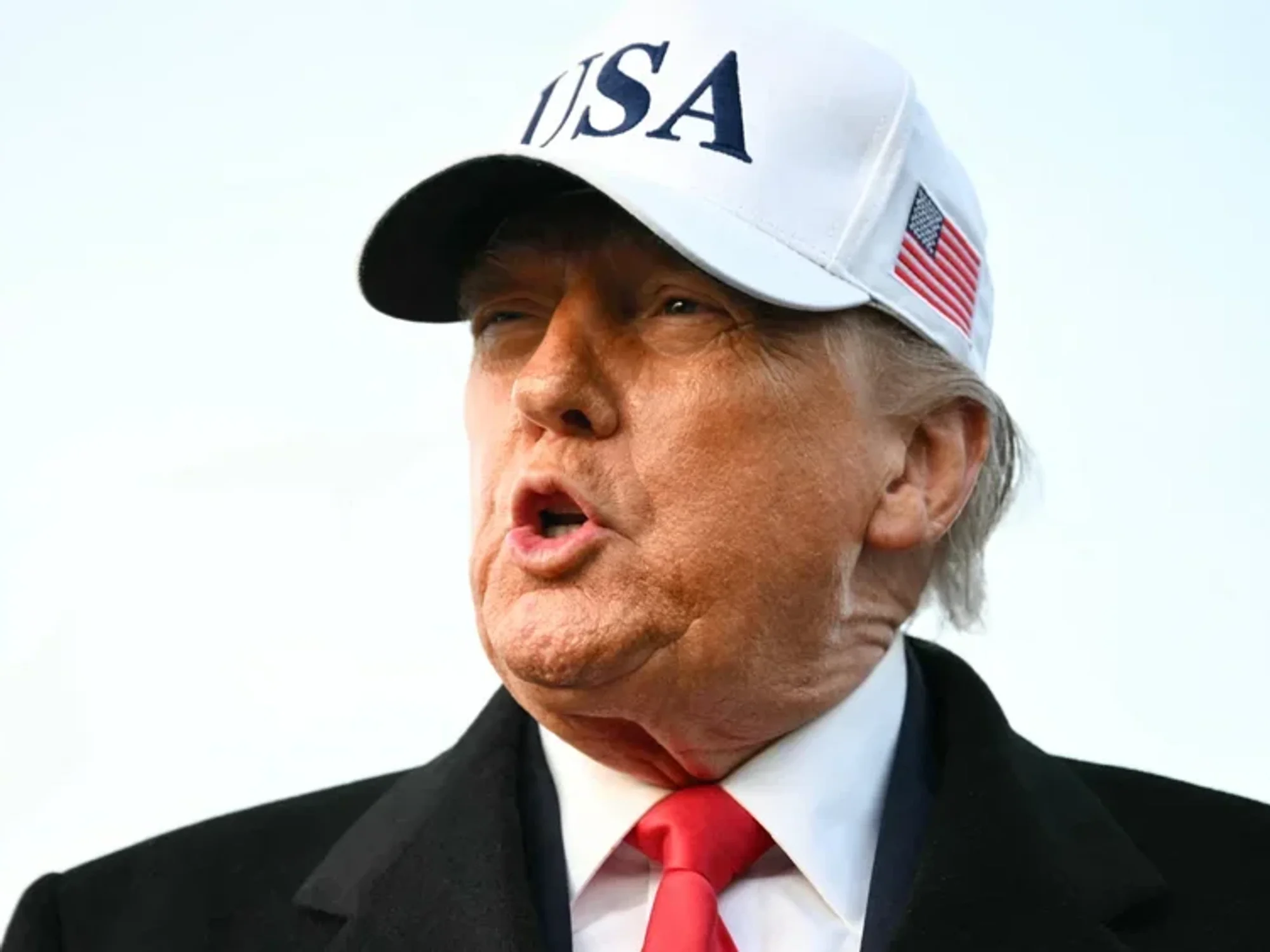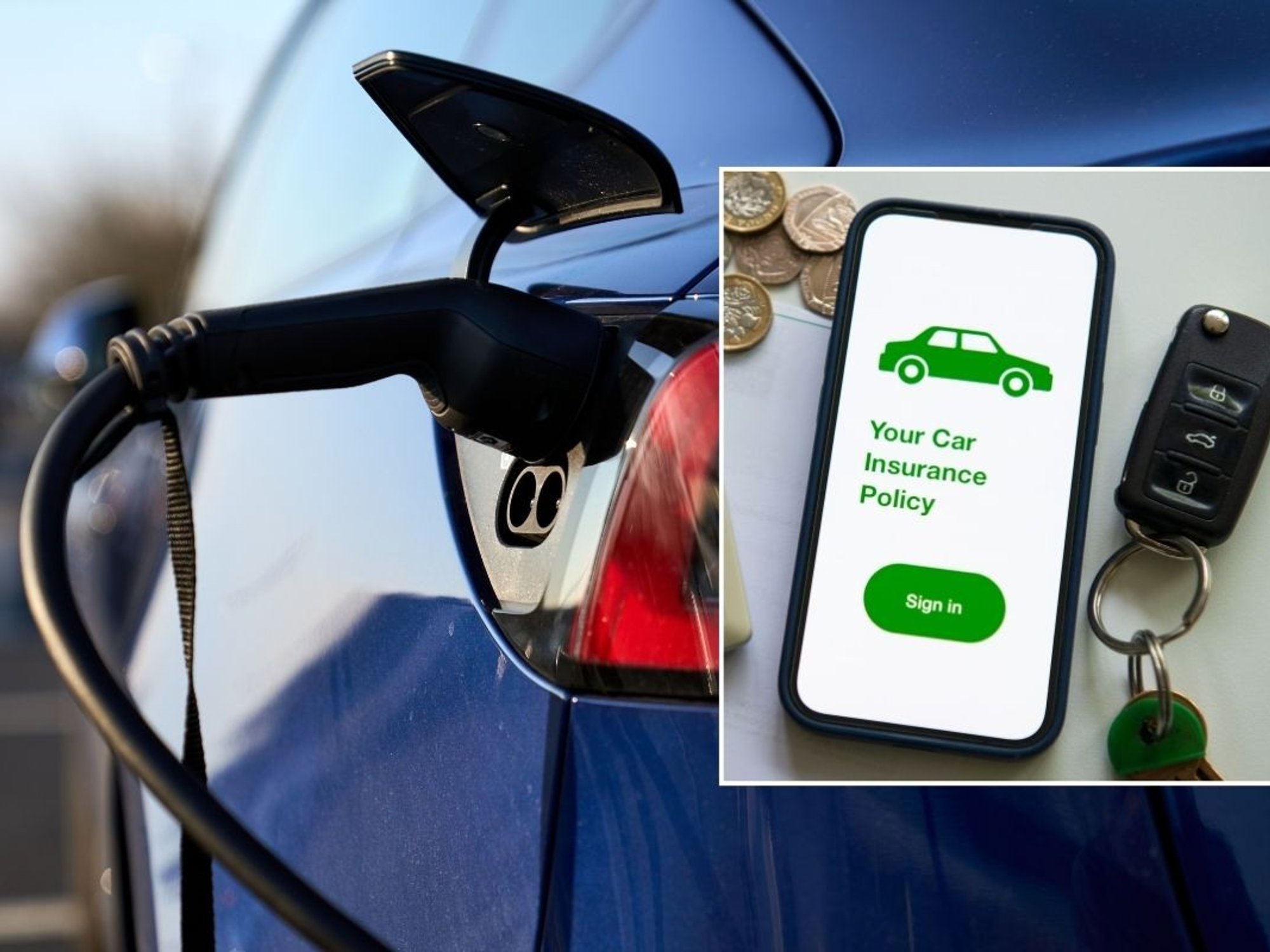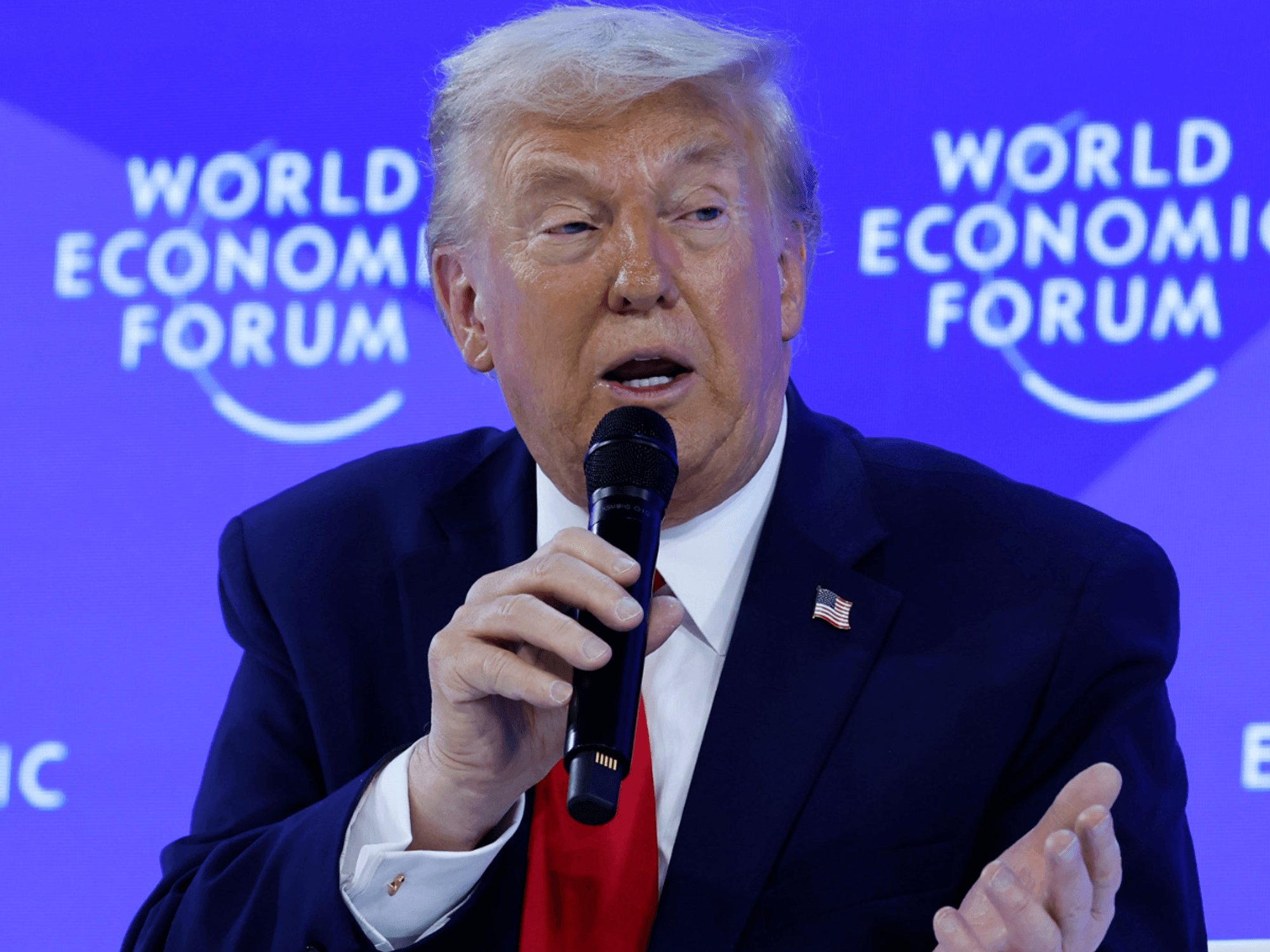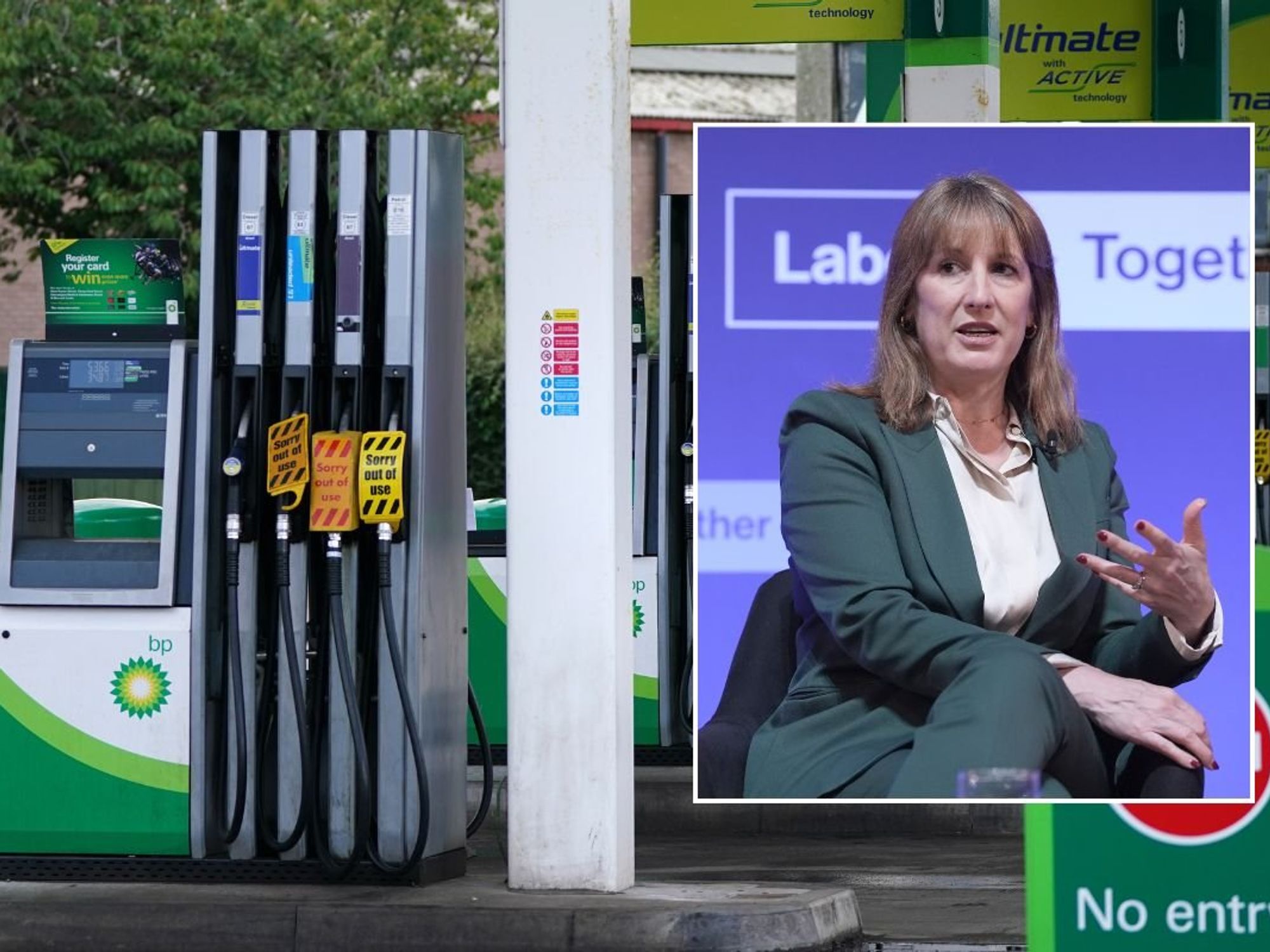Rachel Reeves urged to introduce pay-per-mile car taxes for petrol, diesel and electric drivers

Fuel duty rates are frozen until March 2026 to offset expensive petrol and diesel costs
Don't Miss
Most Read
Latest
Experts are calling on Labour to consider new measures that could be introduced to replace fuel duty as an increasing number of motorists ditch their petrol and diesel vehicles for electric cars.
In the latest HM Revenue and Customs update, hydrocarbon oils, or fuel duty, receipts between April 2025 and June 2025 were £6billion.
This is an £88million drop compared to the same period last year, with receipts seemingly falling to their lowest level since July 2023-2024.
The HMRC data notes that lower receipts observed in July 2023 were a result of a timing issue, which was offset in August.
Do you have a story you'd like to share? Get in touch by emailing motoring@gbnews.uk
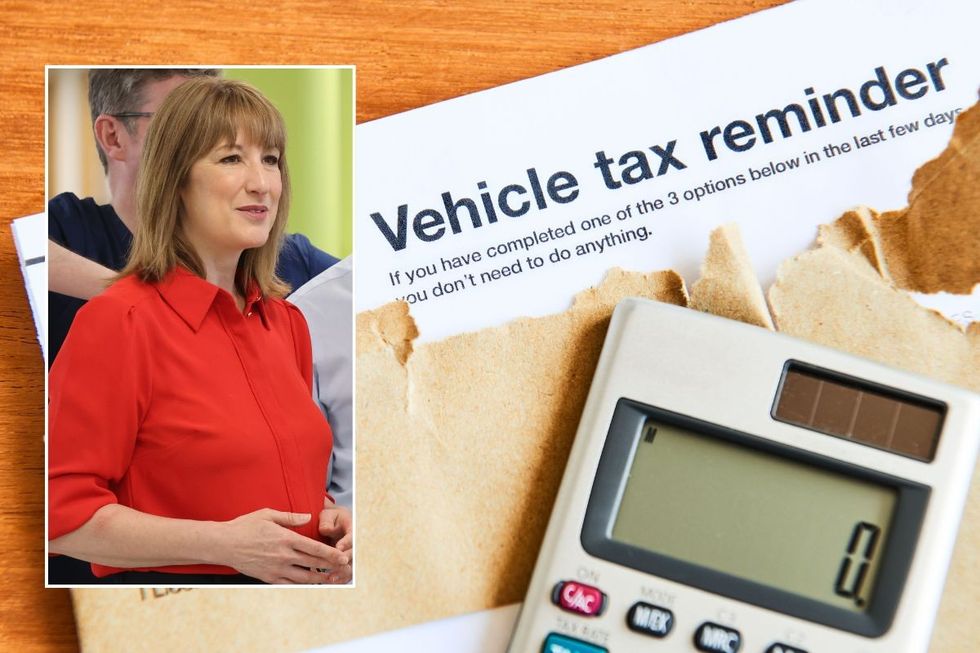
Chancellor Rachel Reeves has been told Labour needs to urgently introduce new measures to replace lost revenue from fuel duty
|PA/GETTY
Troughs in fuel duty receipts are also seen at the start of every year, with HMRC putting this down to bad weather conditions.
However, experts have consistently called on the Government to prepare for a significant drop in fuel duty receipts in the coming years as motorists stop buying petrol and diesel.
With more drivers ditching their internal combustion engine vehicles and moving to electric cars, the amount of fuel being purchased will continue to fall.
Sheena McGuinness, co-head of Energy and Natural Resources at RSM UK, said: "Revenues from fuel duties are continuing the downward trend, which is encouraging to see in terms of the increase in electric vehicles, supported by their increasing market share in terms of new car registrations.
READ MORE: Electric car grant hailed as a 'significant step forward' as drivers could save £3,750 on new EVs
"However, it does highlight the need for the Government to confirm what will replace fuel duties as a source of fiscal revenue."
The rush to replace fuel duty with an alternative source of funding for the Government could be accelerated with Labour's new Electric Car Grant.
The £650million scheme is being rolled out to support the uptake of new EVs, with a maximum discount of £3,750 if the vehicle costs less than £37,000.
McGuinness noted that the ECG was "another positive step" towards accelerating EV adoption, but more investment was needed to build up the infrastructure needed to make EVs an alternative to petrol and diesel.
LATEST DEVELOPMENTS:
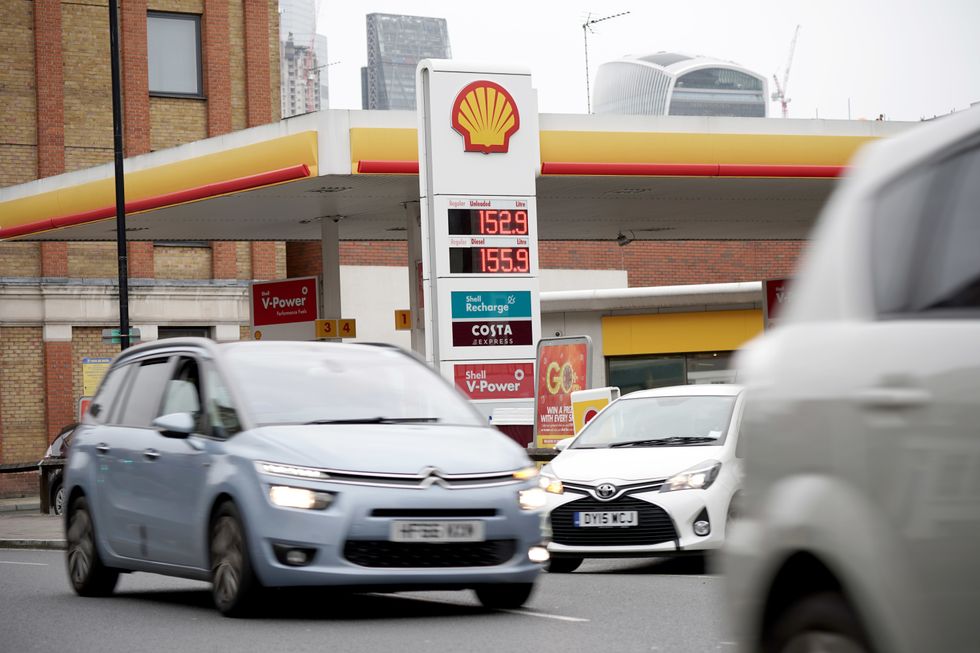 Drivers are encouraged to avoid filling up at motorway petrol stations | PA
Drivers are encouraged to avoid filling up at motorway petrol stations | PAChancellor Rachel Reeves announced that the Government would be extending the 5p per litre fuel duty cut until March 2026 to help motorists save around £59 a year.
Despite this, as the Government comes under increased pressure to raise funds and address future spending, the Chancellor could announce new changes in the Autumn Budget later this year.
One of the most popular suggestions to replace what could become a £35billion financial black hole over the next 10 years is road pricing and pay-per-mile car taxes.
As more drivers switch to electric vehicles, fuel duty receipts will plummet, forcing the Government to ensure money is being raised from all motorists, regardless of their vehicle.
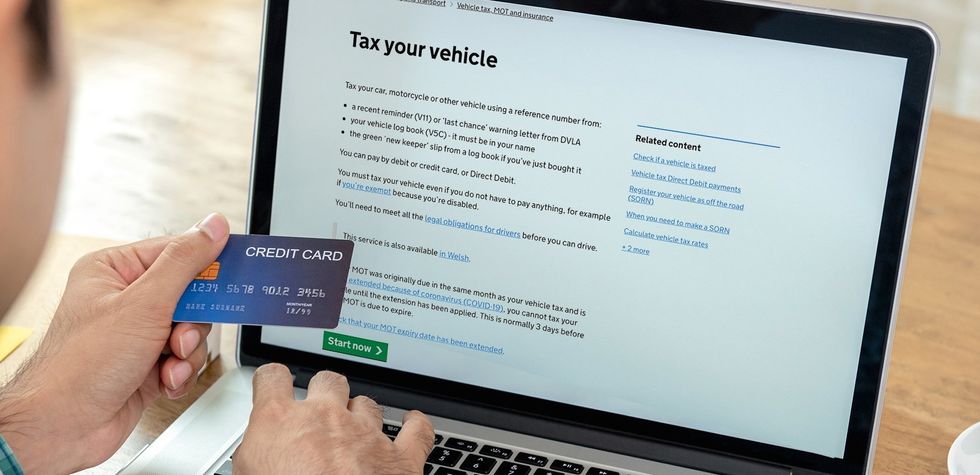
New car tax changes were introduced in April for electric vehicle owners
| X/DVLAA pay-per-mile car tax system would replace revenue lost from fuel duty, as well as the current Vehicle Excise Duty system. Electric vehicles have only been required to pay car tax since April 2025.
The Tony Blair Institute for Global Change identified road pricing as a suitable alternative to ensure the Government can raise money and improve roads and keep Britain running.
Speaking previously to GB News, a HM Treasury spokesperson said: "We have no plans to introduce road pricing.
"We are committed to supporting our automotive sector as we transition to electric vehicles in order to meet our legally binding climate targets."


